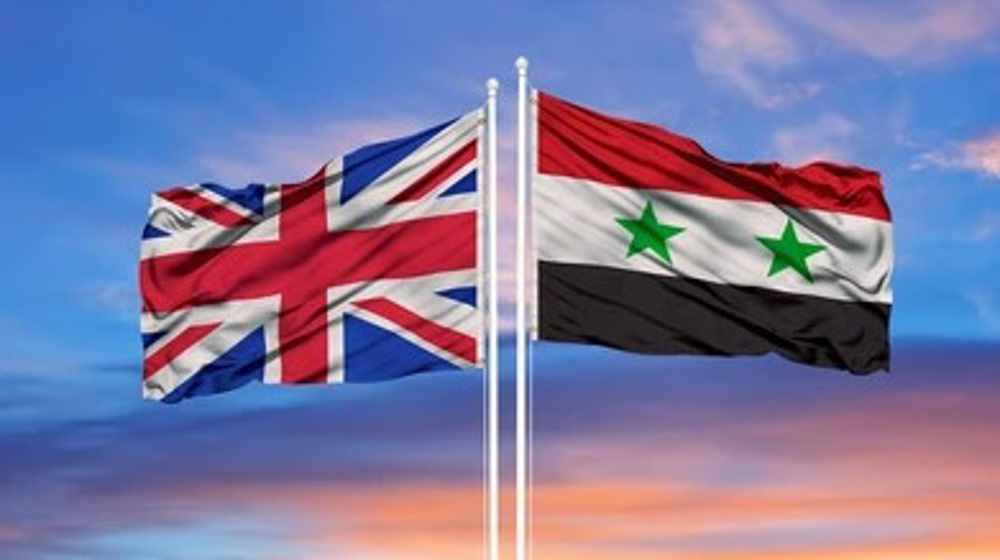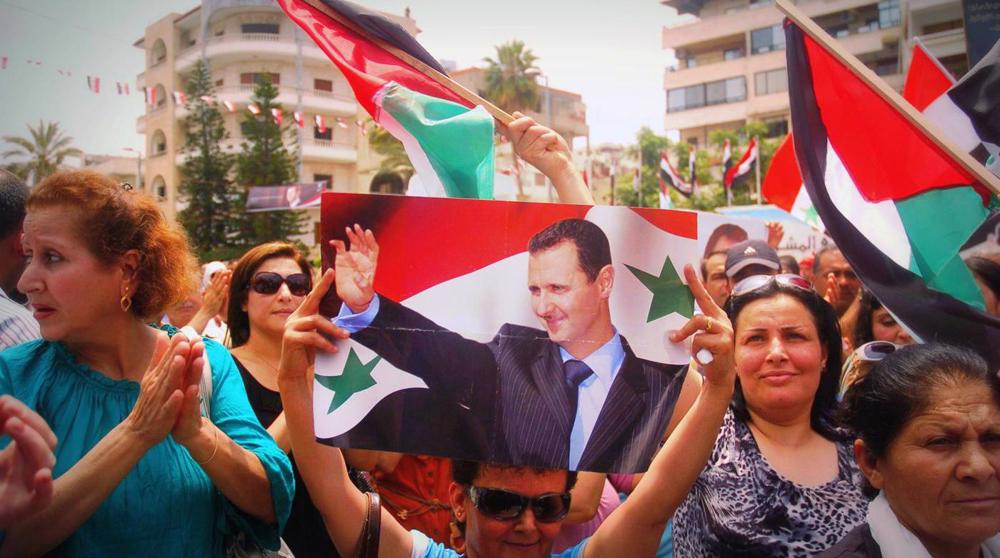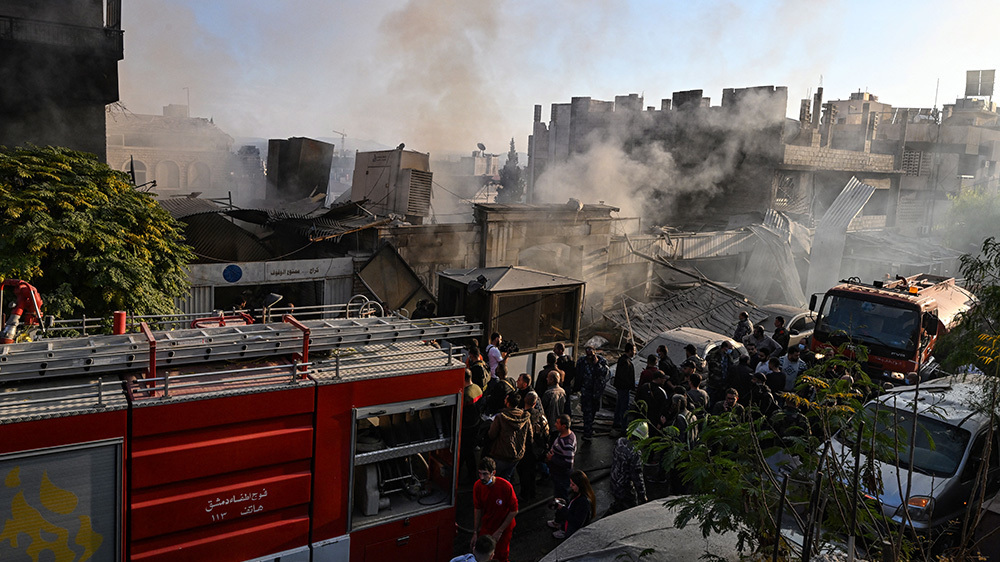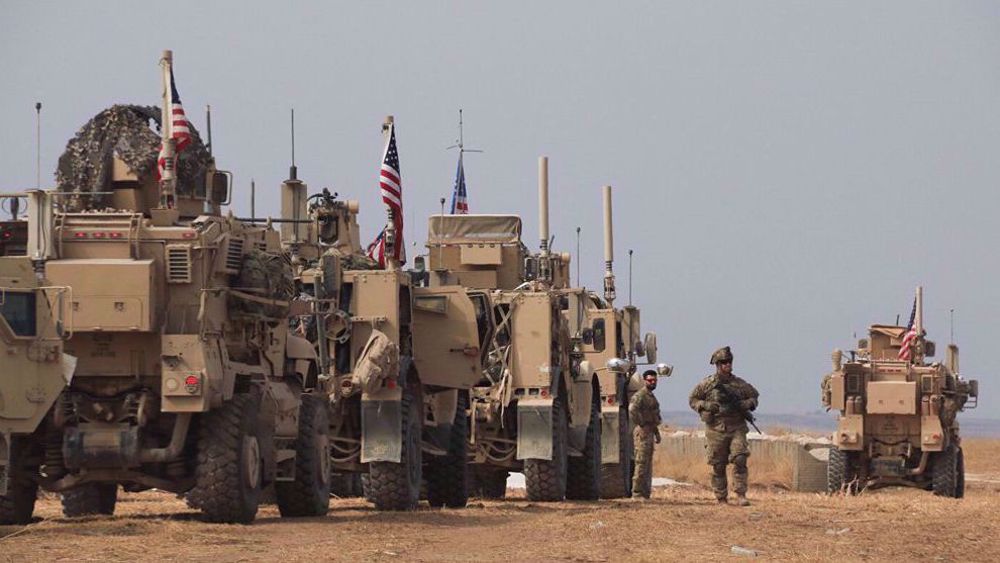Plagued by cost-of-living crisis, UK resorts to war-torn Syria with offer of lower tariffs
The UK has promised to liberalize trade with Syria, offering lower tariffs to the war-torn country as part of plans to bring its cost-of-living crisis under control.
The Department for International Trade announced earlier this week that it is set to unilaterally offer improved trading terms to Bashar Assad’s government and seven other developing countries, which will be included in a new post-Brexit “enhanced preferences” scheme.
The UK government plans to cut tariffs for those countries by 85 percent in a bid to cut the cost of imports for British consumers and decrease the burden of soaring prices for people.
UK imports from Syria last year, including textiles, vegetables and sugar, were about £2m, while the exports, including dairy products, machinery and electrical goods, were around £4m.
The UK government is resorting to any method to fix its inflation-hit economy, which has witnessed skyrocketing energy prices, especially after imposing sanctions on Russian energy over the Ukraine war.
The decision comes at a time when most European countries are grappling with a severe energy crisis after losing access to Russian fuel.
Meanwhile, British officials have said that the “robust sanctions” on Damascus meant the Syrian government “could not benefit from enhanced preferences,” putting doubt over British claims that the economic strategy seeks to help developing nations.
Since the beginning of the Syrian conflict in 2011, the UK government has been funding militants seeking to overthrow the Assad government. In 2018, the UK took part in US-led missile strikes against Syria. In March 2021, the British government slapped sanctions on key allies of President Assad.
The UK is also currently funding Kurdish-run prisons in Syria, where hundreds of children are being held in dire conditions, despite the UN’s warning to London that funding “mass arbitrary detention centers is incompatible with the International Covenant on Political and Civil Rights.”
“The UK’s funding of facilities holding detainees whom none have ever been at a court, much less charged with a crime, in life-threatening conditions raises serious legal questions,” said Letta Tayler, associate director and counterterrorism lead at Human Rights Watch.
Israeli strikes kill 88 Palestinians in northern Gaza
American voters plainly rejected complicity in Gaza genocide: Iran FM spox
ICC should issue more arrest warrants for Israeli authorities over Gaza genocide: UN expert
Israel using AI weapons co-produced by India in Gaza genocide: Report
Israel issues new evacuation orders, shortly launches strikes on southern Lebanon
VIDEO | Press TV's news headlines
From Iraq to Gaza: The great disconnect between British people and rulers
Syria condemns Israel's killing of 36 in 'horrific' strike on Palmyra











 This makes it easy to access the Press TV website
This makes it easy to access the Press TV website